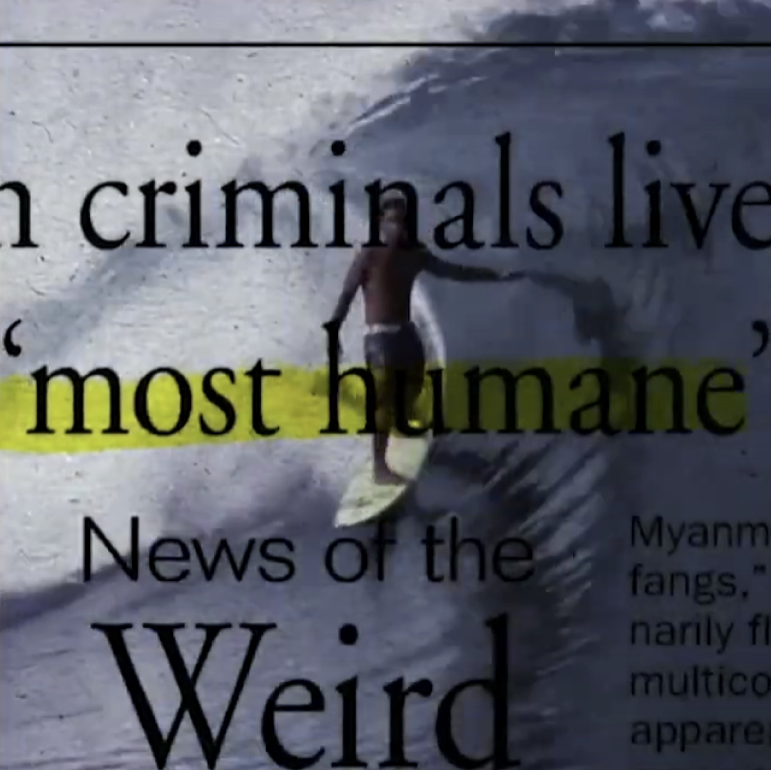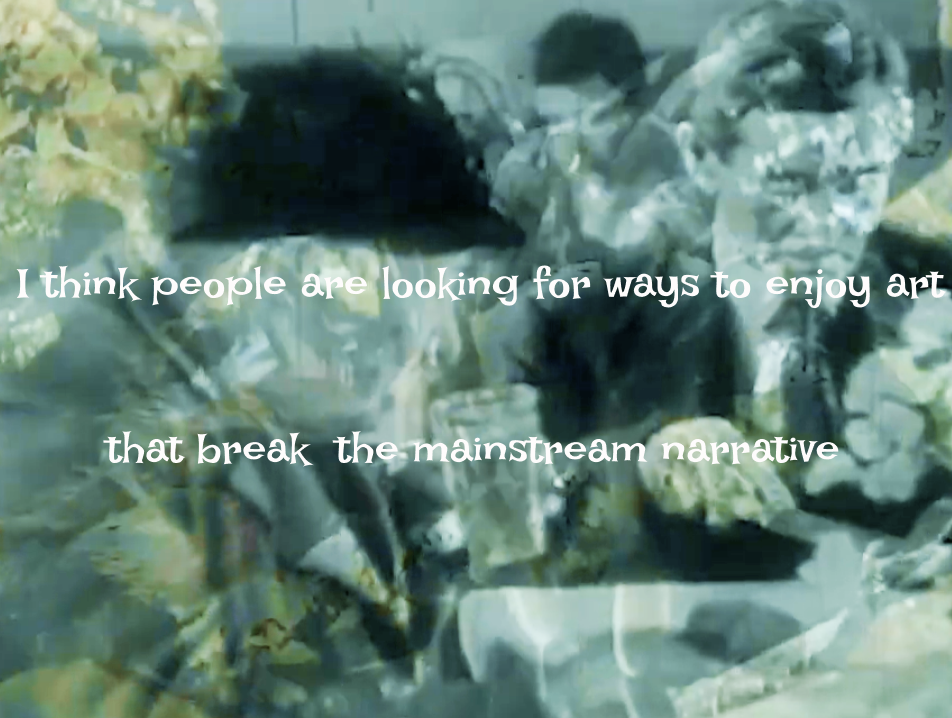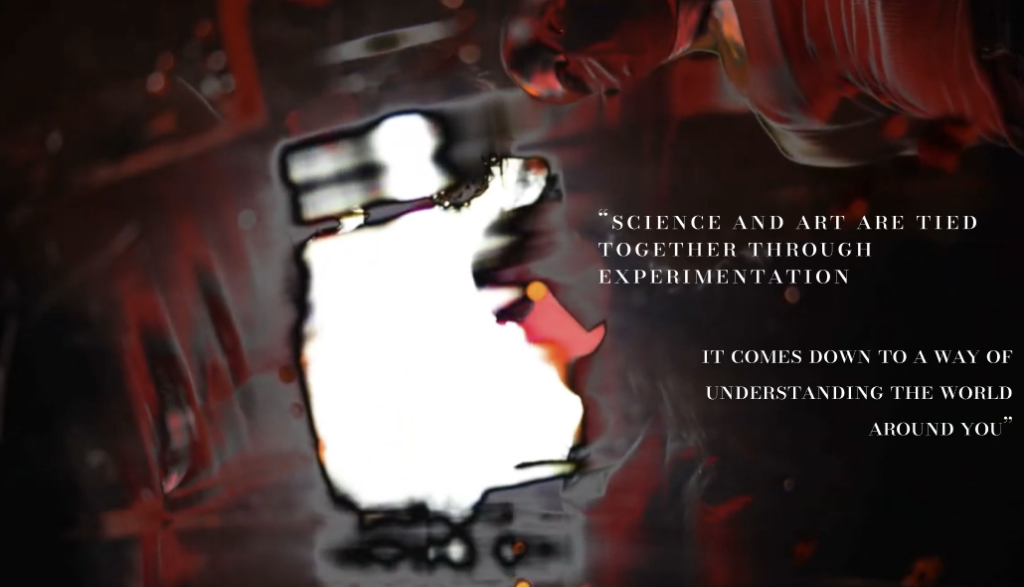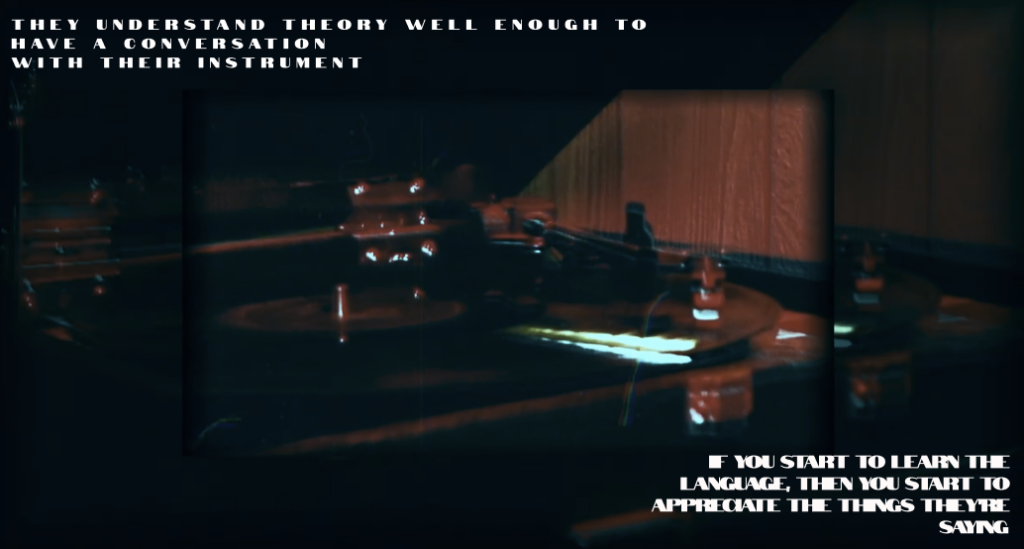Q: Do you see parallels in your line of work with music and art?
Finley: The thing that that brings the two together is craft and maybe attention to detail. In computer programming sometimes you’re trying to figure out a creative solution to a problem. It’s not creation in the sense of evoking an emotion or anything like that. But there is a lot of technical detail and craftsmanship that goes into writing a song. And I think that’s the thing that I really respond to, as far as being a musician.
Matt: There’s many well documented correlations between music and architecture. They both have very strong artistic and usually mathematical abilities of some kind, so both quantitative and qualitative pursuits. There’s a real kind of quantifiable kind of way to think about music, and I love that parallel to architecture. There’s a real technical requirement and level of technical ability to do it, but also a kind of creative side to it.
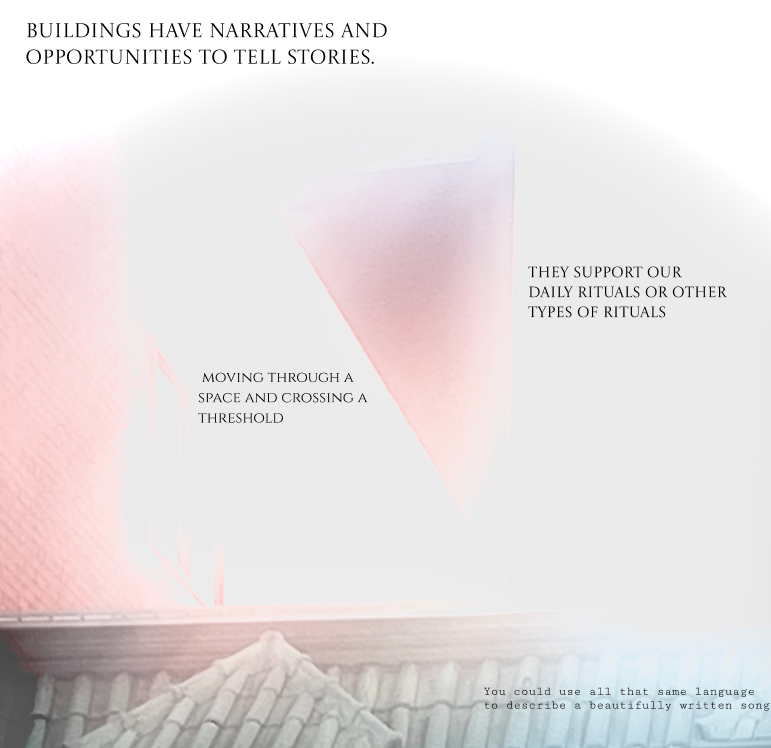
I also think about buildings as narratives or opportunities to tell stories. Buildings have the capacity to support our daily rituals or other types of rituals, and you think about moving through a space and crossing a threshold and moving through spaces of different hierarchy and all those sorts of things.
You could use all that same language to describe a beautifully written song. The kind of intro to a song is the threshold the different parts of the song, whether it’s a really straightforward chorus or verse, chorus, verse, chorus, bridge for us, sort of approach, or something more non traditional, you move through different parts of the song, and they have different feelings, and different parts feel more or less important, or more or less frenetic, or happy or sad, or whatever it might be.
And I think architecture has the capacity to do all those things too. So I see, you know, a million overlaps is the best way to say it.
Vincent: One parallel with architecture and with art is the excitement to me, which comes from the creative process of not necessarily knowing where you’re going to end up if I know the answer and I know the song and I then I’m not interested in it. I like it as a process.
I like to start somewhere get a notion through strumming some chords. Most of the stuff, I’ve got a guitar in my hand. I’m hearing something and it just sticks. Every time I pick up my guitar, I start riffing the same thing, and I’m like, ‘Okay, where’s it going to go from here?’ That’s exciting to me, It’s where’s it going to go.
So the process excites me, and that excites me across the board. When I already know the answer, I’m less excited, and then it becomes kind of busy work. How do I flesh this thing out? Because I’ve got the answer already. It’s now, it’s just the steps to build it.
Matt: I think the word like is loaded these days. It’s more like, there’s something there. There’s a hook. I can’t quite identify it. I know it’s going to turn into something.
[Finley and Matt] help dislodge [Vince] from where he’s stuck and move it in a new direction, which is a fun part of the creative process, when you’re not just working by yourself, but working in teams. And I think that that stick with-itness and willingness to live in a space of uncertainty and something that you don’t necessarily like yet is a trait that’s under threat these days because of how expedient and quick and superficial many things have become in the way we communicate about creative pursuits.
Q: What is your album art’s origin story?
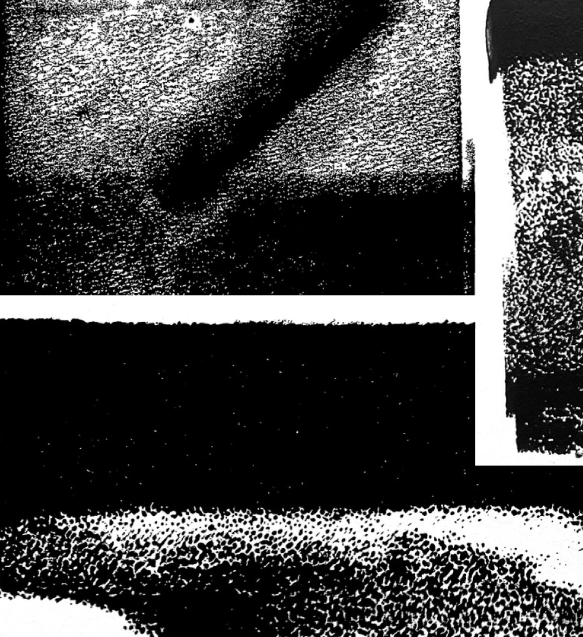
Vincent: Lately, I’ve been doing a lot of black and white collages, which is what you see on the newest one and so. I don’t set out with a preconceived idea of where it’s going to come out; let the art tell me the story. I think once again, as with the first record, it’s non referential.
Matt: I think it works with the title of the album without being representational of any specific image. I think I like that about art in general, whether it’s music or visual art or architecture or whatever we all work on, it is the when you can leave space for interpretation.
So whether that’s lyrics that you know evoke thought in someone and allows them space to have kind of their own memory or connection with what what the lyrics are, or certain sound that reminds them of something, or an image that is purposefully a little obtuse, or leaves room for interpretation or exploration in the image.
You’re evoking things that you remember from your life in many of the songs that people can connect with. And that’s one thing I’ve really loved about the songs they get me thinking about different times in my life.
Q: Can you talk about New Cure and Accident on ‘Dark Farce/ Bright Light’ and how they relate?
Vincent: Those two have the most pop structure, or rock standard, rock song structure. If you look at robots, there were some weird songs on there, and there were some things that just meandered and went to a whole bunch of different places. This record some things just came out pretty straightforward. And I think new cure and accident, are probably the highest examples.
New Cure is about figuring out how you exist. It could have been drugs for somebody, it could have been massage. It could have been a new world view, like a way of looking at a new a way of looking at life, of looking at the place you’re in, and and so that that is the intention of that song.
It’s like, Okay, I got a, I’ve got a new cure, and I wish it was permanent, but it’s not; ‘It’s gonna erode on me’, ‘I’m backsliding’. So there’s not a magic cure you’re the cure.
Matt: I think new cure is a really dark song because of what Vince was just saying, which is the kind of human condition of constantly seeking for the new little extension of happiness or or a cure, how hard it is to find, how hard it is to maintain.
One of my favorite lines is talking about, i’ve found a new cure, but it’s taken all of my time; ‘my time, on the cure all my time.’
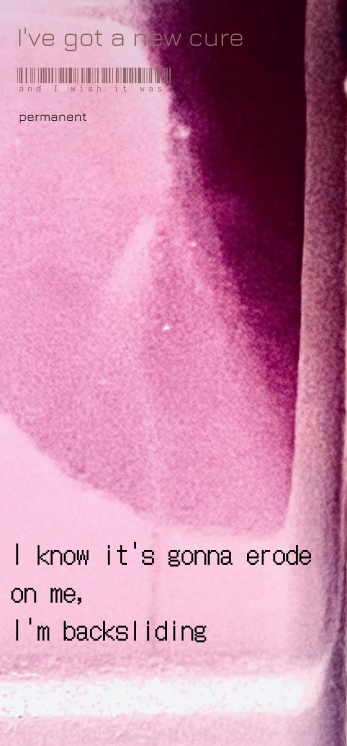
Its so existentially on the mark with how I think most Americans in our current culture feel all the time.
The song accident. I like that song. That’s one of the most that really taps into nostalgia or memory. How many of us know that person who had it all could do it all? But then it didn’t work out. Most likely to succeed in your senior year in high school. Where is that person now, most athletic, or whatever it might be. I mean, those things are so temporary, and there are no guarantees in how things turn out in life.
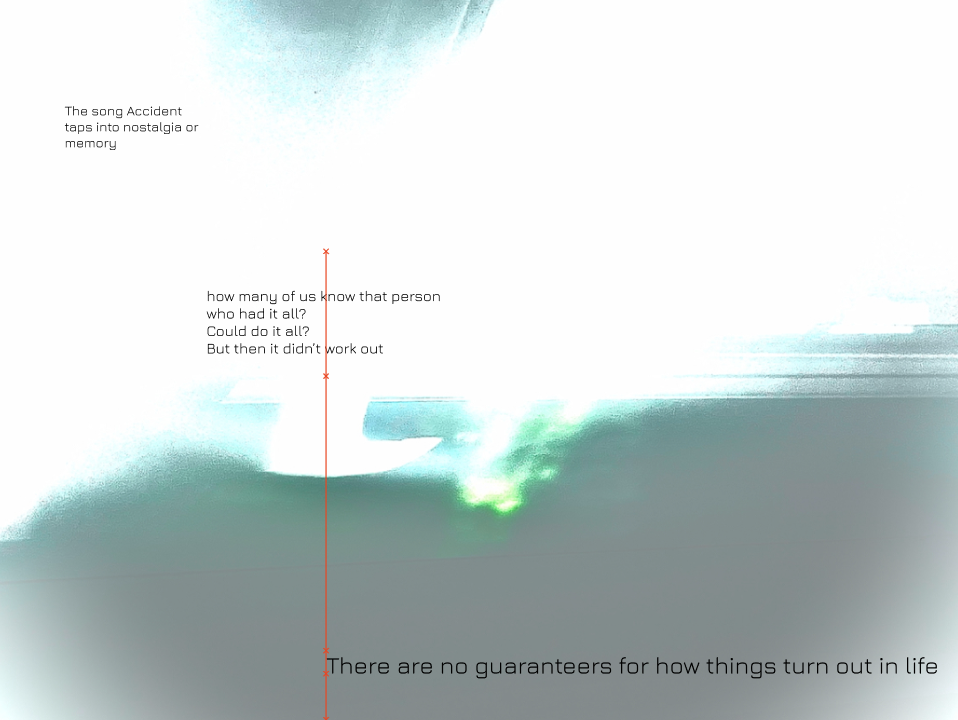
I have at least a half dozen people in my mind every time I play and hear that song, when there is that person in a community, whether it’s a school or a group of friends or whatever it might be, everybody talks about them all the time, everybody’s invested, everybody’s excited. And then it didn’t work out.
Q: Do you incorporate fables, folklore or archetypes into your songs or is it more personal to what you’ve experienced, is there a difference?
Vincent: I think its liberation to get away from writing all personal songs, when you open it up you leave space for somebody to get into the song and those universal experiences. Open it up a little more so somebody else can get in this world.
There’s always a personal aspect, ‘I want to express this nostalgia’, or express this idea, or express this event. And I think you can read about somebody through the way they construct a song.
Matt: Our songs are interested in everyday things and your willingness to spend time thinking about them and reflecting on what they mean, it givens them anonymity but also familiarity.
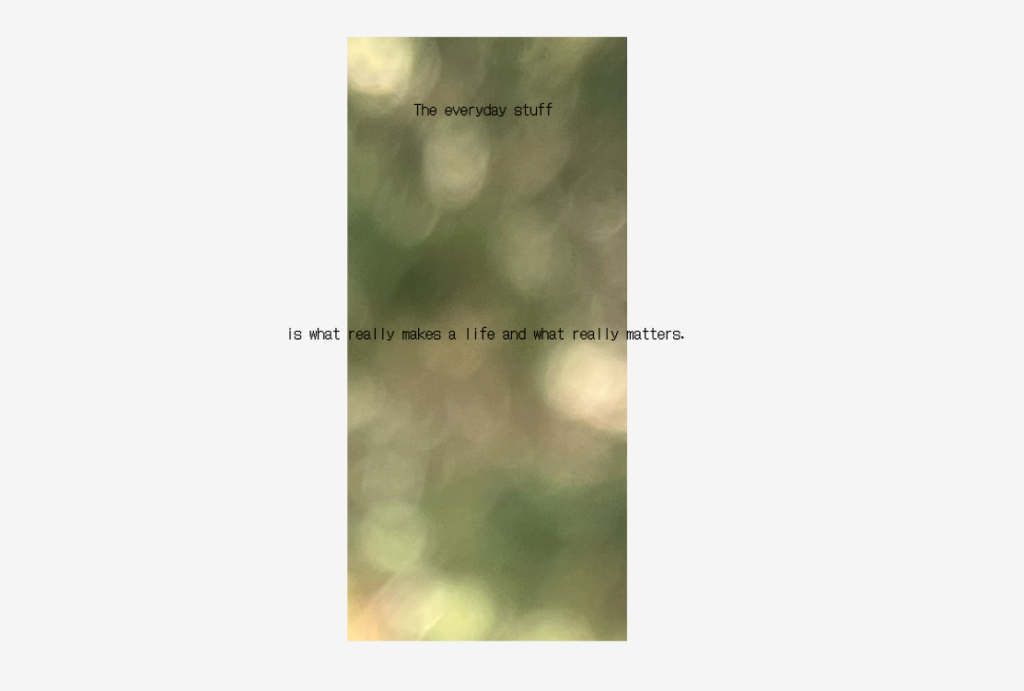
Q: How would you relate music and experience design
Matt Griffith: I think music creates space, some songs are really brash, some have distinct parts to the song, moments of frenetic energy where you’ll feel a certain way and moments of a lot of open space.
When we have these lighter, airier, open parts to the song they’re really beautiful and create space for people.
Finley Lee: I think the best songs always have a tension dynamic, contrast between this quiet part and that fast part, those loud parts that make you think about change and is more engaging and emotionally affecting.
Vincent Whitehurst: Part of it’s ‘how do we pull people in enough with the sounds that doesn’t make them grading but dont polish in such a way its benign.
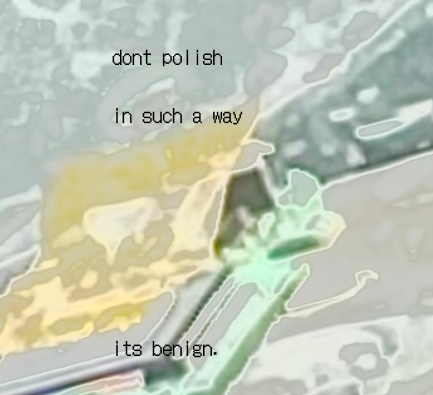
Vincent: The things that grow on you are the best. I’ve grown my whole life on Harvey Milk, its the sludgiest, gnarliest, weirdest combination of song structure, when I first saw them live they repulsed me a little bit, but I kept finding my way back to it, for 20 years, now im probably one of their biggest fans.
Theres something about them, maybe its authenticity, maybe intention, these guys love what they’re doing and they’ve been doing it for so long, and when you find your way in its like ‘wow, I found the key, these guys opened my world’. I think the best music does that, the really special stuff opens a world.
Matt: I’ve always liked to poke the bear, I think any art, especially music has the capacity to do that.
Q: How do politics affect what and why you’re creating and channeling
Vincent: Our last record, robots, was during the first Trump administration. When I was a kid I thought everything was progress, humanity is about improvement, and all we’re gonna do is constantly make things better for everybody. Then you get kind of smacked in the face.
All those, those things have been crumbling for a long time and now I’m seeing an active policy and active societal shifts toward the opposite of what makes sense to me.
So I think the first that robots record, the general theme of that is kind of a little dystopia.
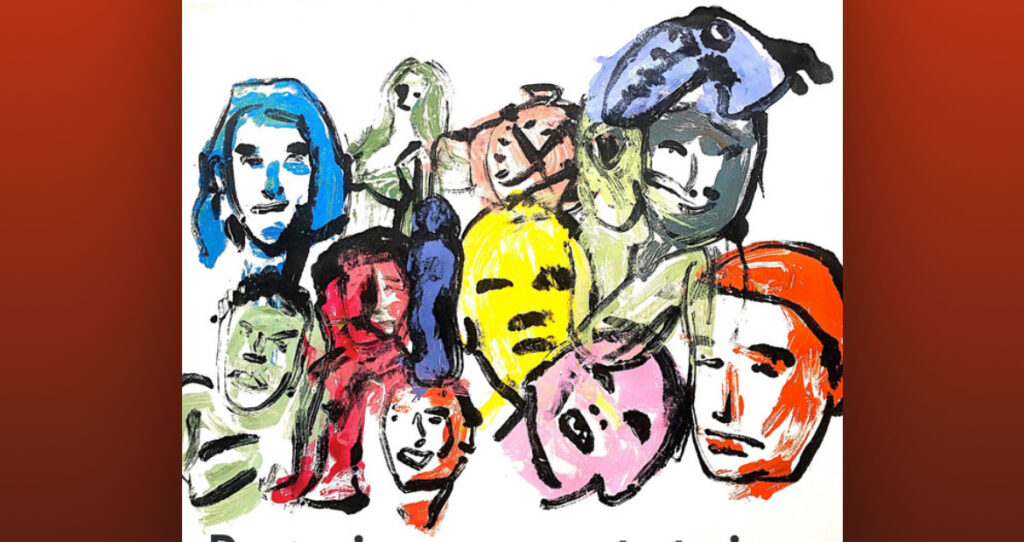
Q: How did you get into music and what is the significance of ‘Poinsettia’?
Vincent: When I started playing guitar, I had a roommate in college that had a little amp and a guitar, and so that that guy probably showed me a few basic chords on the guitar, and I just started riffing off those.
You learn about three chords, and you can play tons of songs. You learn a G, an A, and A D or something, and a C, throw that in there too. And you can write about anything, and it’s all riffing off those and of course, there’s all different minors and majors. And for me, it’s about the tone a little bit more than necessarily the chord, it’s the sound. The idea of the word ‘poinsettia’, the sound of that word was the sound I was imagining for the band, what the songs evoke.
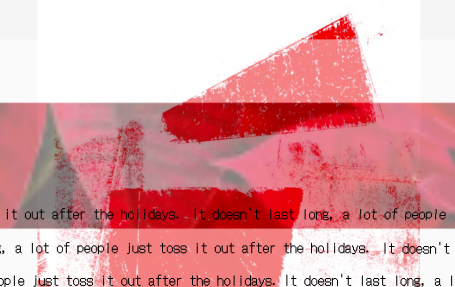
Matt: The word is really both nostalgic for people and a clear image that people have in their head of what this plant is. The nostalgic side of it’s growing up going to a church with my family at the holidays, the entire altar would be covered with a point set of plants at the holidays.
Matt Griffith – Drums
Finley Lee – Bass
Vincent Whitehurst – Guitar and Vocals
Thank you Poinsettia
~EV

